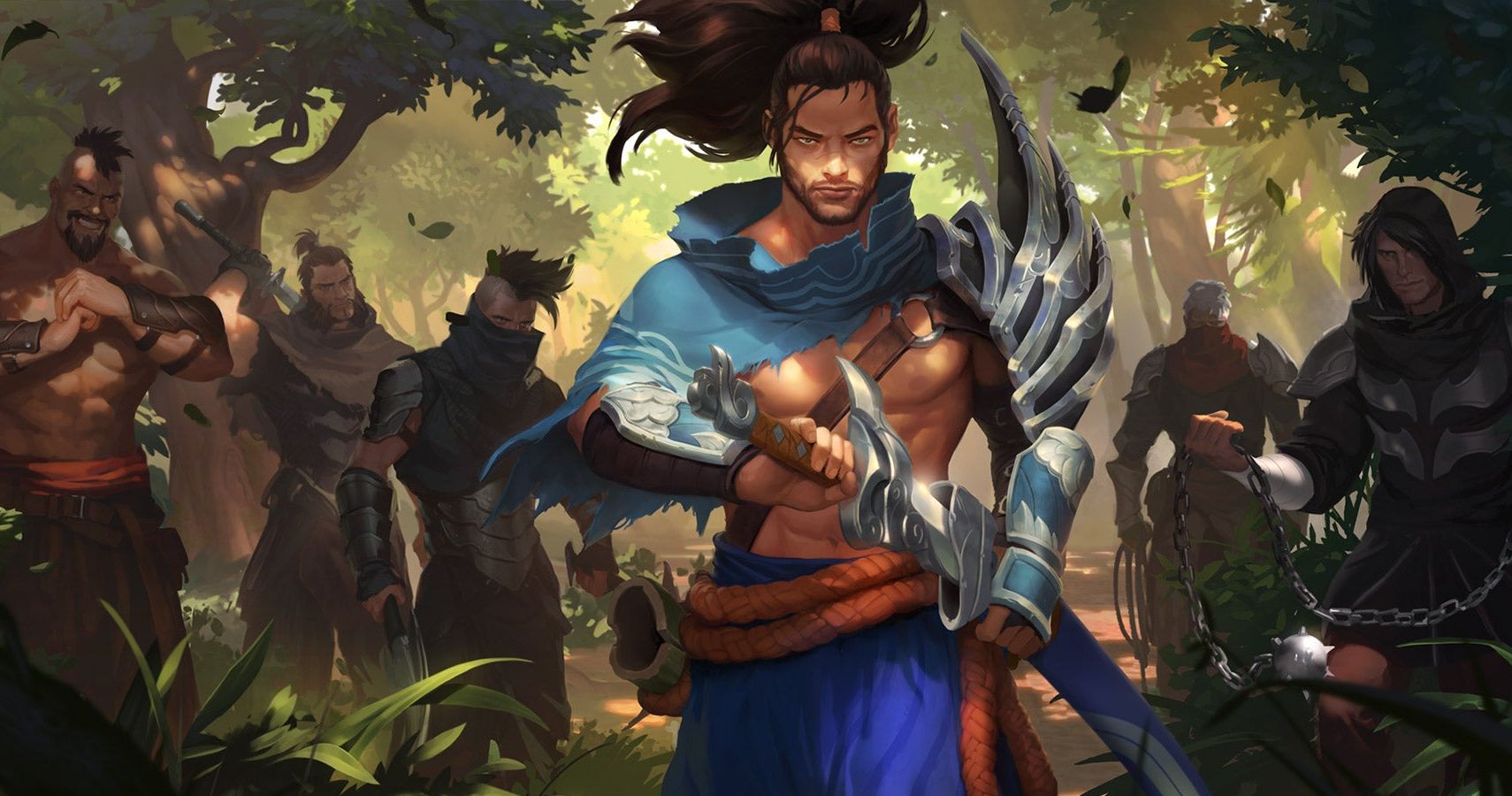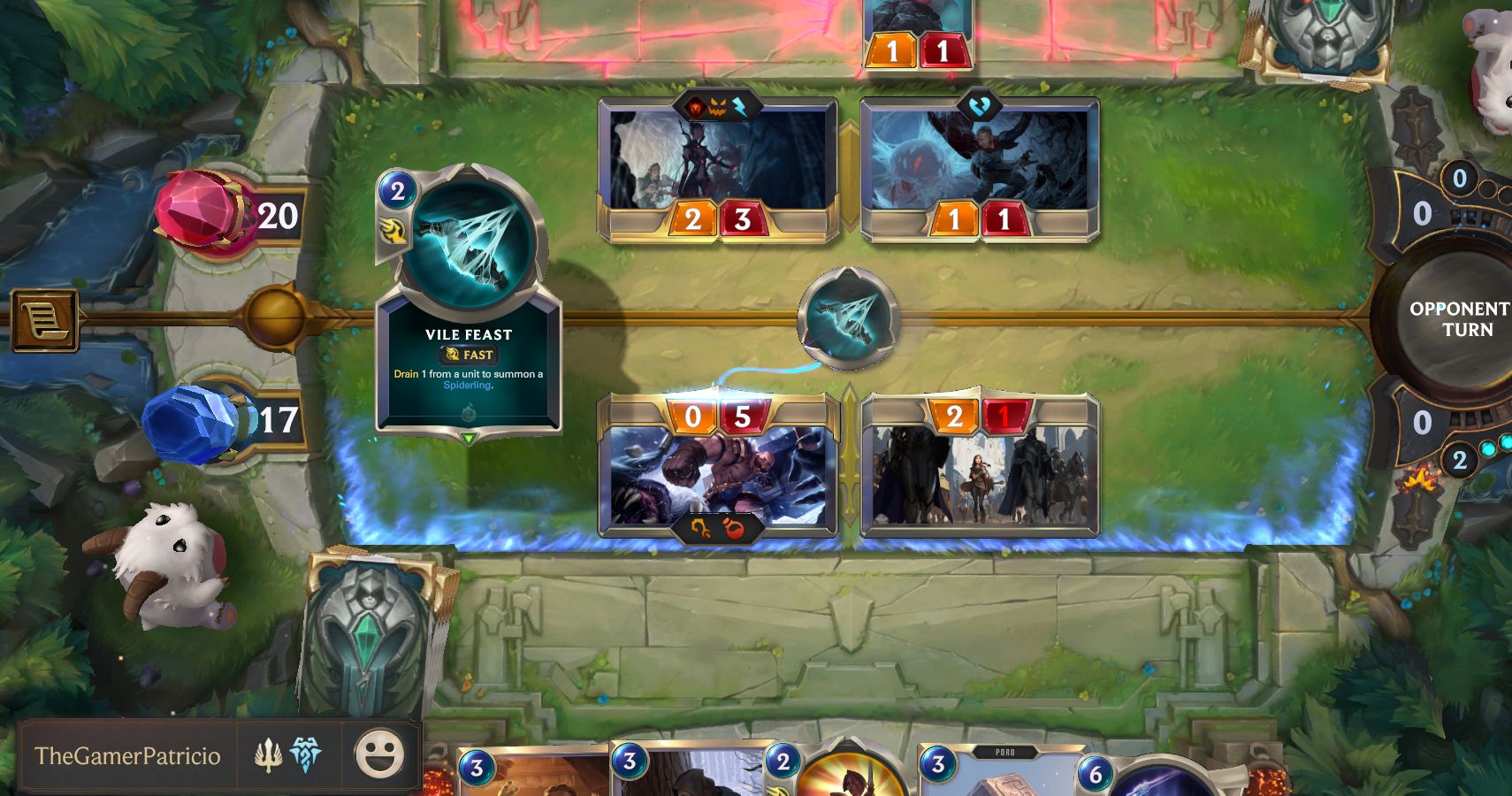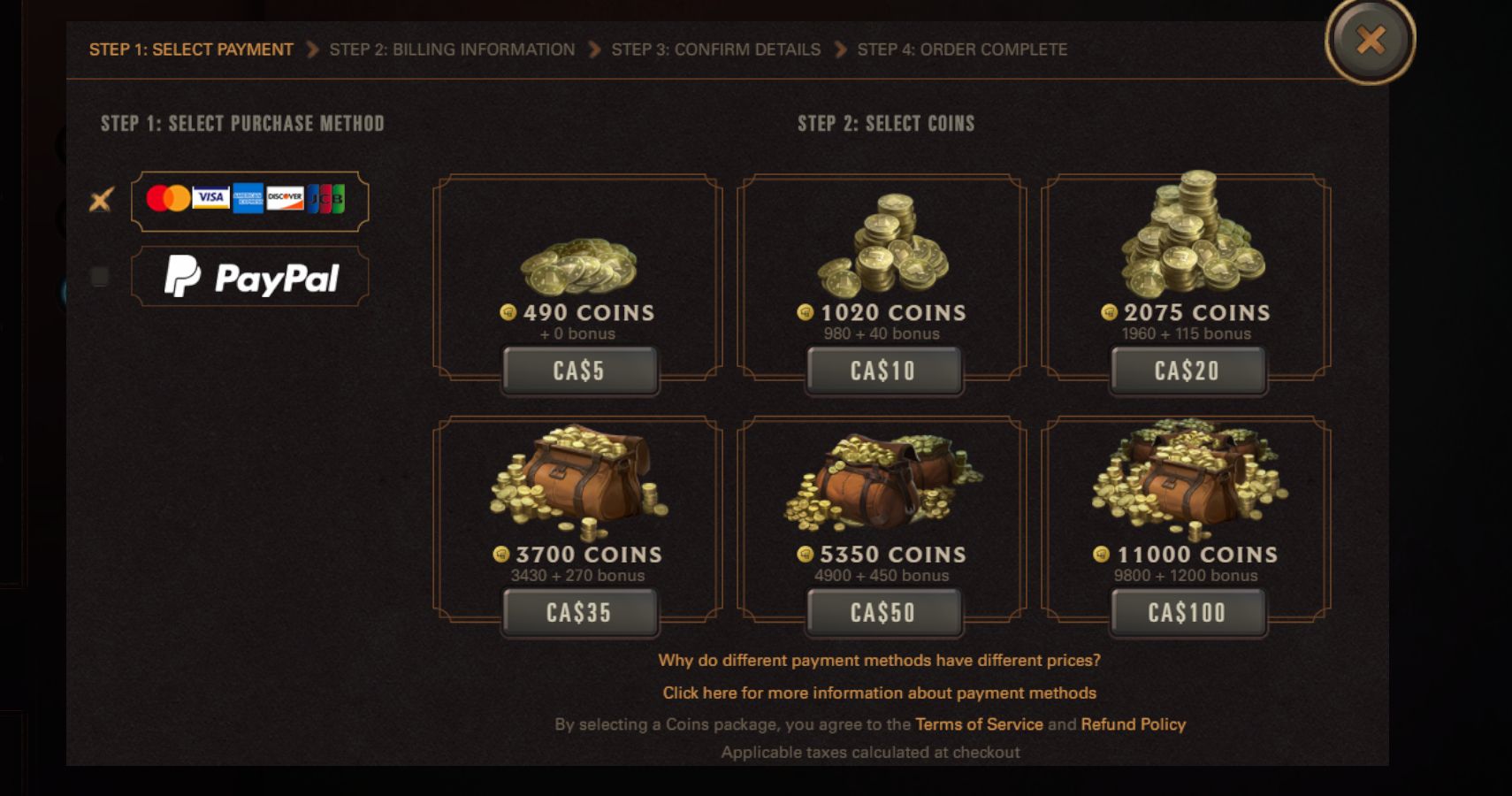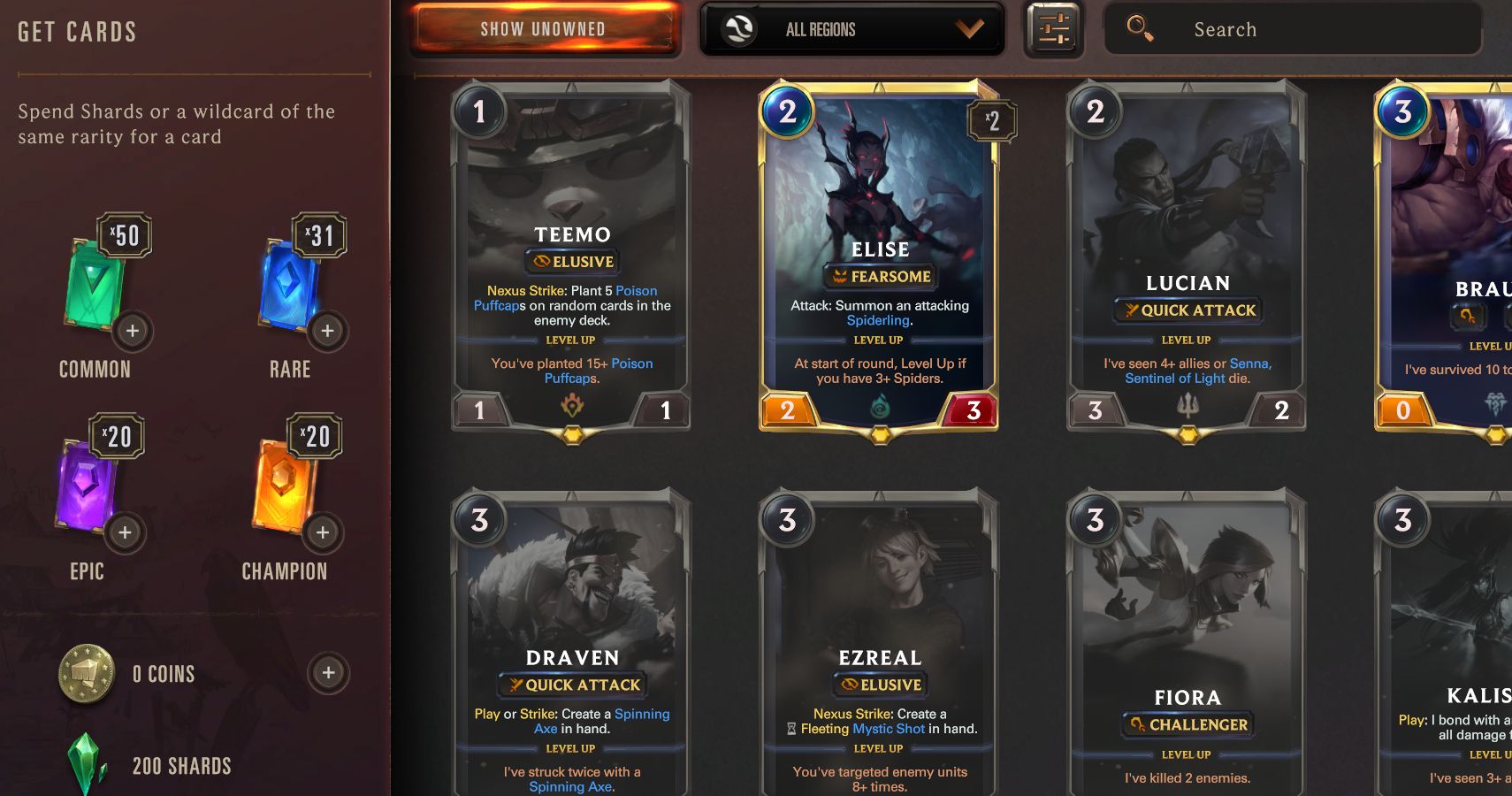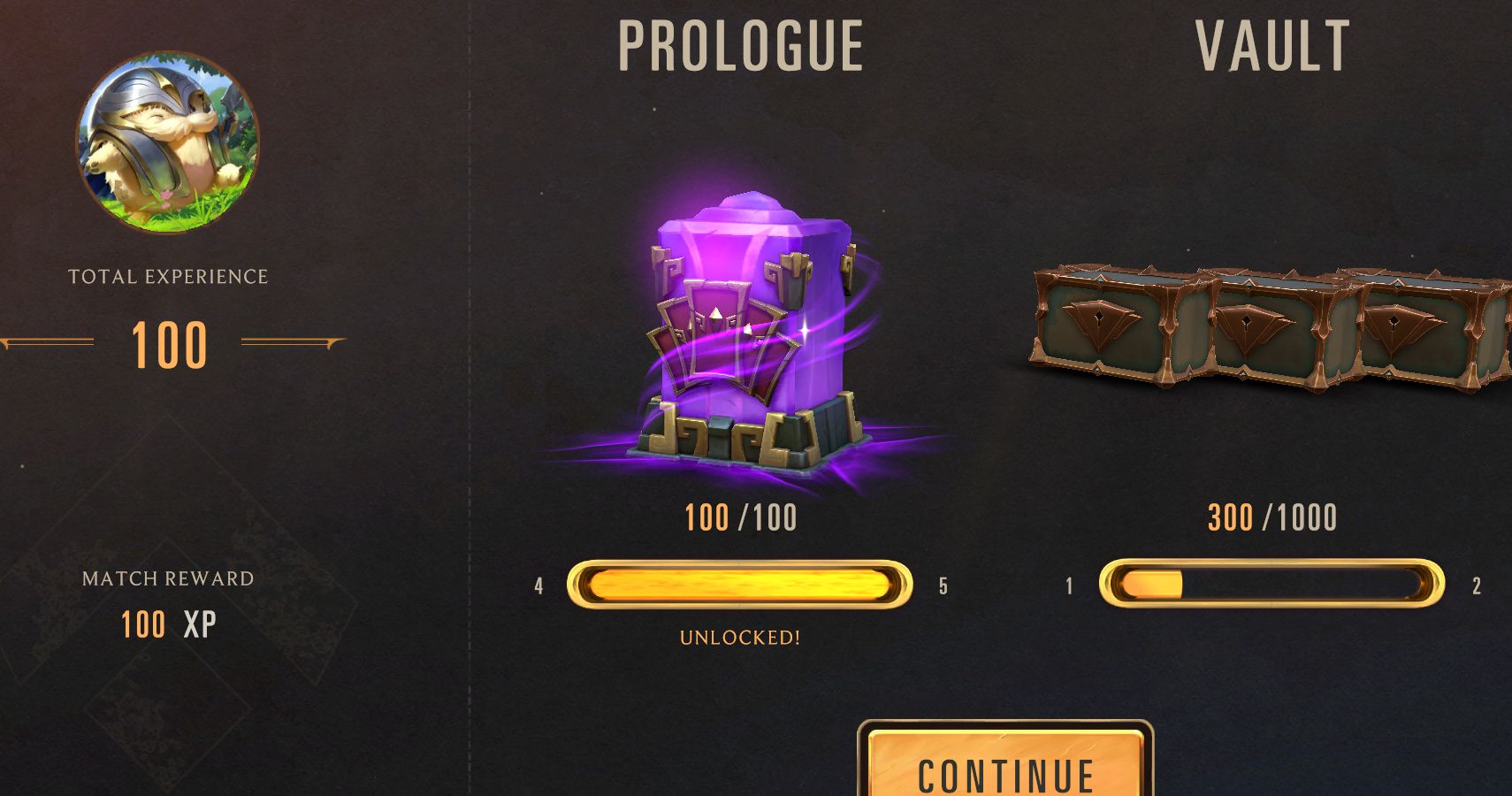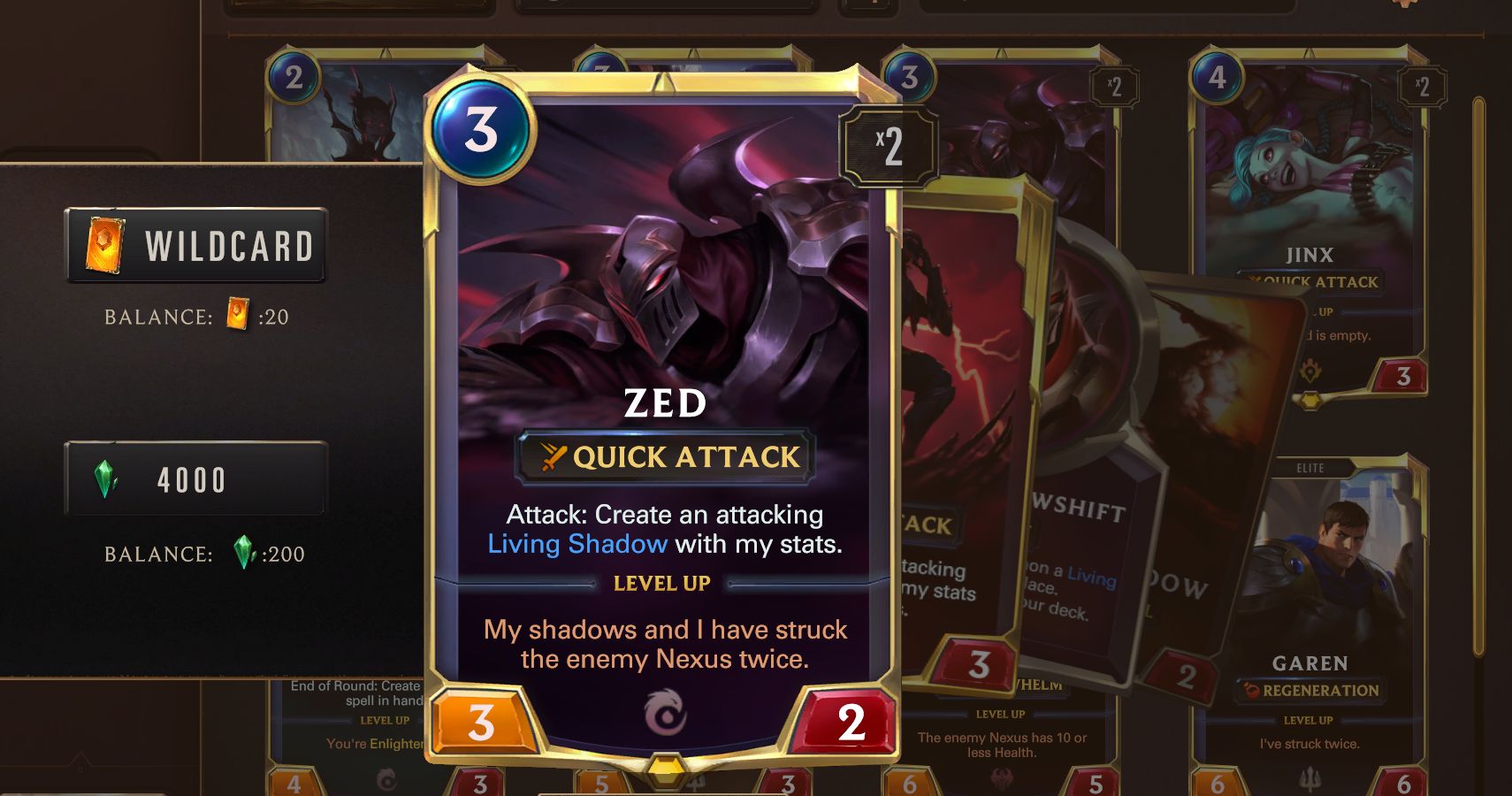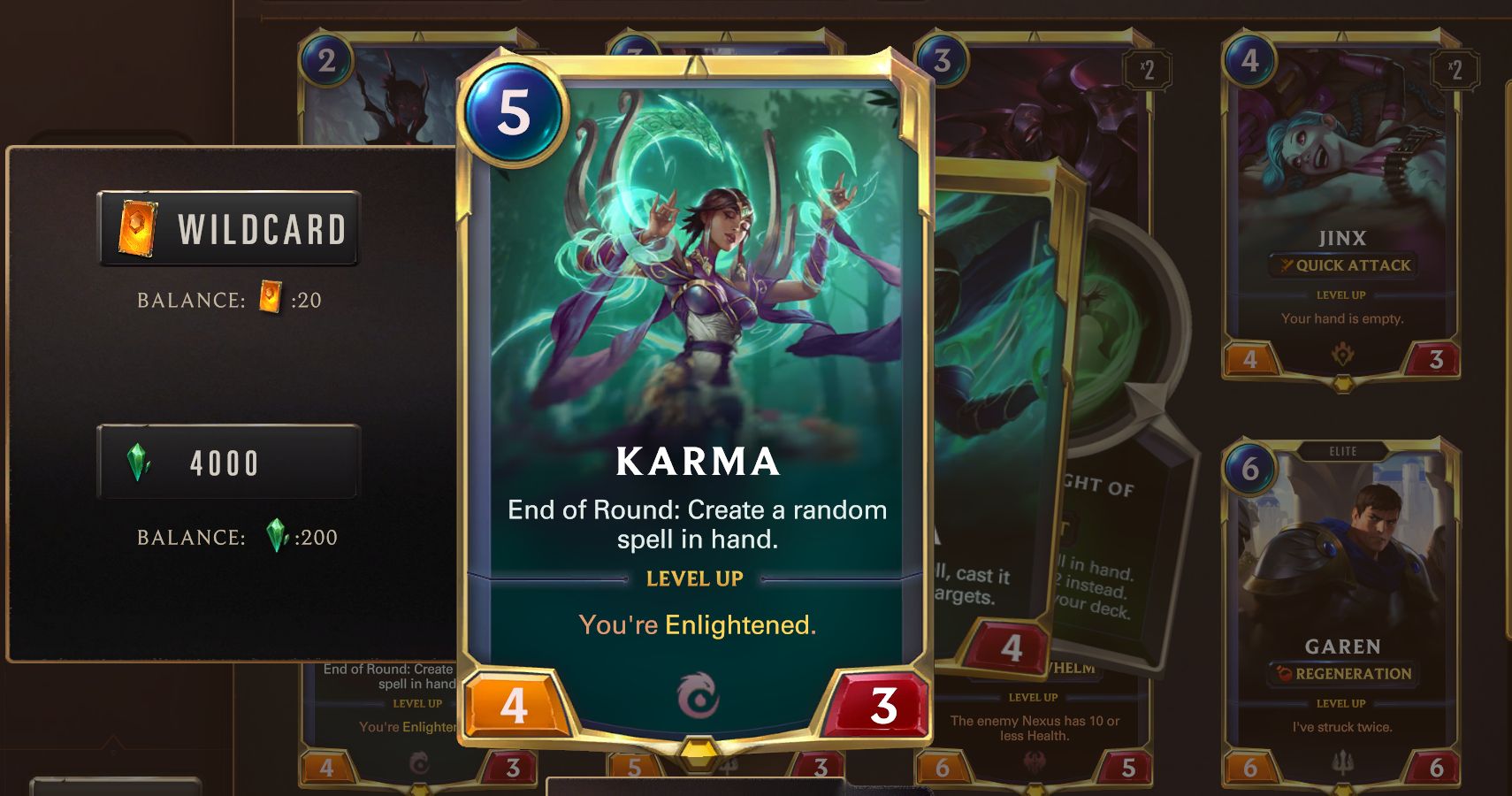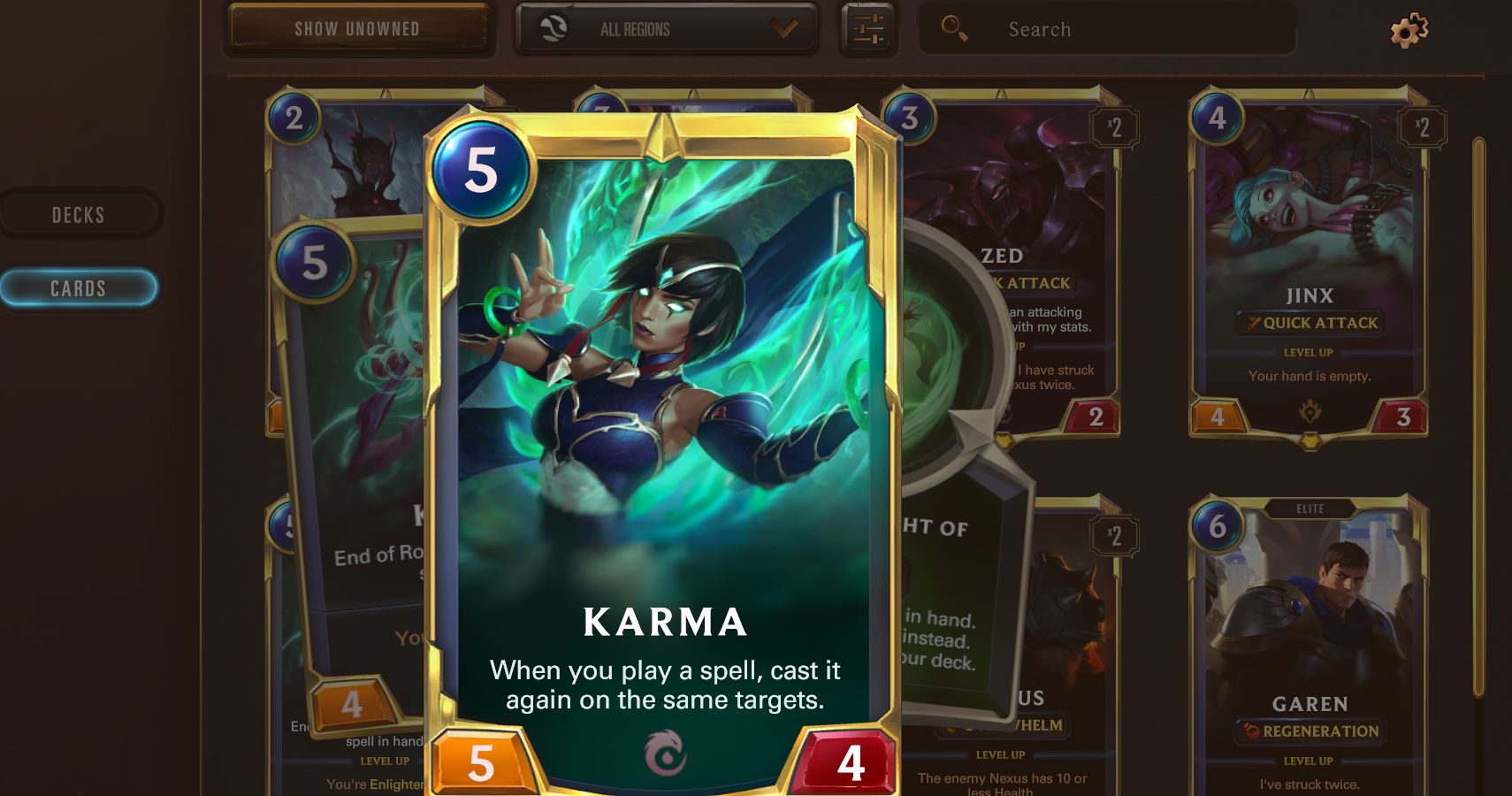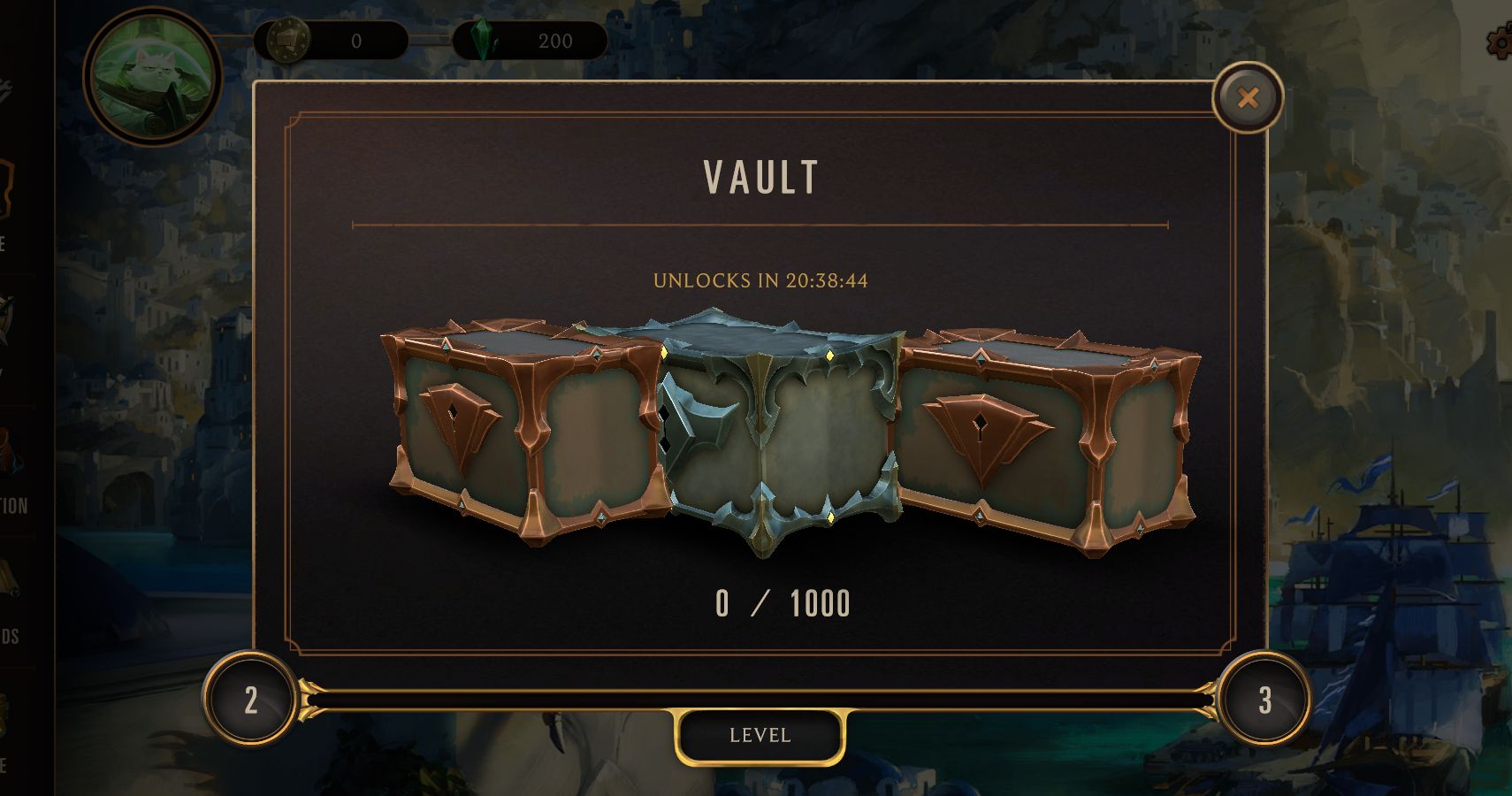Riot Games has launched a beta for its new online collectible card game (CCG), League of Runeterra, and a few lucky players have been granted access into the early version of the game. Fans of other CCG or Trading Card Games (TCGs) will feel right at home with familiar mechanics, but there is also innovation in the design choices made that make the entire game feel fresh and exiting.
For those who want to jump into the beta themselves, the only way right now is through sheer luck. Click here to sign up through Riot Games, and then connect to your Twitch account. Streamers who are playing the game right now have Twitch Drops activated, and simply watching a stream provides an opportunity to get a beta key. It took us about seven hours of streaming Twitch in the background, so it is certainly achievable in a day if you do not have rotten luck.
As the game is based within the League of Legends universe, players can expect to see most of their favorite characters and abilities. Like Magic: The Gathering, the current pool of cards is split between regions similar to Land colors. Players can create a deck consisting of up to two of these regions, including Demacia, Frejord, Ionia, Noxux, Piltover & Zuan, and Shadow Isles.
Acquiring Cards Through Crafting And Coins
Currently there are two card types, units and spells, which vary in rarity from common, rare, epic, and champion. Cards can also be purchased from the in-game store by buying bundles of Coins that range from $5 to $100, and then using those coins for various purchases. A Starter Bundle is available now for the equivalent of a little over $5 that consists of about 66 cards, 11 from each region, to jump start a collection.
Cards can be crafted in two ways, blending the best of Magic and Hearthstone. Players will unlock or can directly purchase Wildcards of the four rarities that can be used to create any desired card of that same rarity, like in Magic: The Gathering Arena.
So far it appears that Champions cost a little under $5 for three Wildcards of the same rarity, which is cheaper than Hearthstone Legendary cards when one converts the necessary crafting material needed, and also cheaper and easier to acquire than Magic mythic cards. Readers should keep in mind that this an early analysis and these numbers could change before a final release. So far however, the acquisition of cards feels more consumer friendly than expected, though we do need to see what other purchasing options become available.
Like in Hearthstone, players will also use crafting material known as Shards to create cards. This blend of ways to access cards and grow a collection feels fantastic so far and is a great first step towards gaining new players. There is also a series of progression based rewards that are earned easily by playing the game.
Refreshing Gameplay With Unique Twists On Established Designs
Currently the gameplay feels solid after a brief period of getting used to the way in which turns function. At first the game can feel like it drags because there are so many opportunities to make a move in an alternating back and forth with an opponent, however once you have the hang of what can be done in each round, the turns fly by.
Returning again to Magic: The Gathering Arena, the timing of each turn feels similar in Legends of Runeterra. Magic's turn structure consists of a Beginning phase, Pre-combat main phase, Combat phase, Post-combat main phase, and Ending phase, and if a player has a card, like Counterspell for example, they are prompted during some of these phases to play or pass to the next phase. Legends of Runeterra has the same feeling which can make turns feel longer as an opponent will be prompted to make a move or pass.
This is by no means a critique, it is simply drawing a comparison between it and something like Hearthstone, whereby turn speeds are solely controlled by a single player while an opponent only observes.
Finally, there are many keywords to memorize, but again, most are identical in effect or at least in spirit to keywords one would find in Magic, Hearthstone, Gwent, Eternal, and card games. Barrier, for example, prevents all damage done to a unit for a single turn, which is similar to Hearthstone's Divine Shield on a limited duration.
Champions Are Beefier Units That Will Make Or Break Games
One of the most defining aspects of the game so far is the creative inclusion of Champions. These level up as certain criteria are met and then transform into something more powerful.
Entire decks will definitely be created around the potential powerful abilities of a level two Champion, and so far these provide a high level of deck customization in a similar fashion to Planeswalkers in Magic. So far, Karma has been a troublesome opponent, because creating a spell-focused deck with her level 2 abilities brings a level of card value that cannot be matched if she is not dealt with promptly.
Weekly Progression Rewards Constant Playing
Finally, there appears to be a weekly progression reward system in place with the "Vault" that advances in level simply by playing the game. It appears that the more one plays, the greater the weekly Vault reward will be.
Overall Thoughts
Riot Games has clearly put a great deal of thought into Legends of Runeterra. Instead of releasing a bland clone of other CCGs for a quick cash grab, they have taken established designs from some of the best games currently available and innovated the core essence towards something unique and refreshing.
These first few weeks of beta and eventually a live release will be exciting as an early meta develops. Hopefully the developers can strive towards creating an enjoyable and balanced game for all players, and that the price point for participating is better than other competing options in the CCG market.

